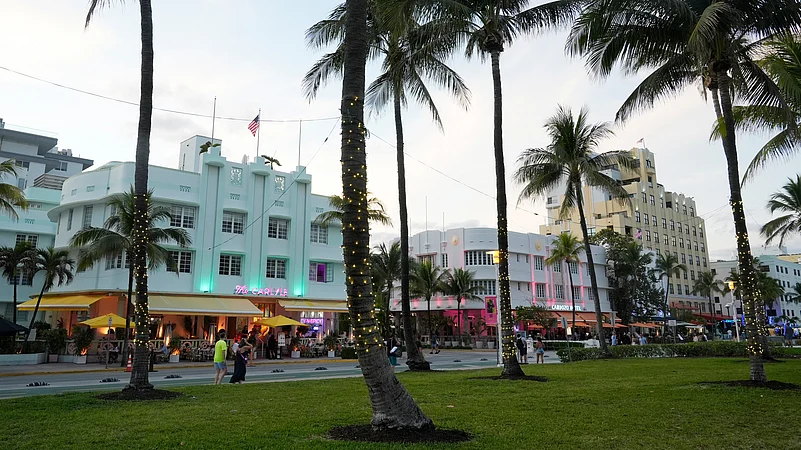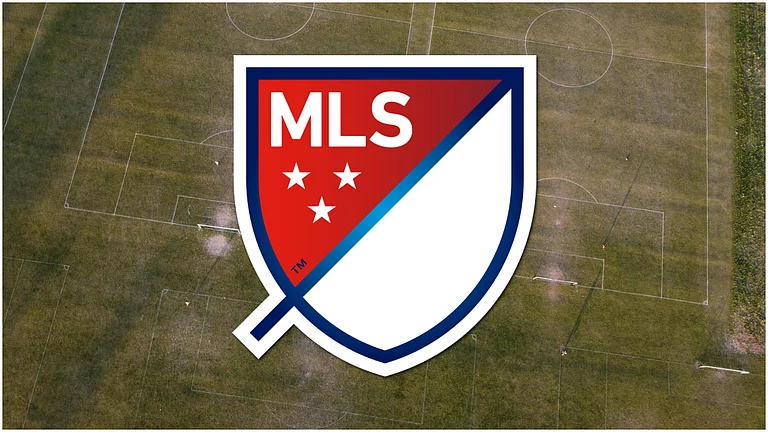As Miami Beach braces for another influx of spring break celebrators, city officials are doubling down on security measures in an effort to quell the chaos that has marred the coastal paradise in recent years. However, the move has sparked debate over the potential economic fallout and accusations of racial bias.
Following a string of violent incidents during past spring breaks, Miami Beach authorities are taking proactive steps to maintain order, including implementing monthlong security measures such as parking restrictions and early beach closures. The city has issued warnings of curfews, bag searches, DUI checkpoints, and a crackdown on drug possession and violence.
While these measures are aimed at ensuring public safety, they have raised concerns among business owners in South Beach, a hotspot for tourists, who fear potential losses during what is typically one of the busiest times of the year. Moreover, civil rights advocates have criticized the restrictions, alleging that they unfairly target Black visitors to the area.
Miami Beach Mayor Steven Meiner defended the stringent measures, citing overcrowding and safety concerns despite increased police presence in the past. He emphasized the need to prioritize the safety of both residents and visitors, noting that the city's capacity has often been exceeded during the break.
The heart of spring break activity in Miami Beach lies along a vibrant stretch of Ocean Drive, where establishments like Mango's Tropical Cafe attract throngs of tourists. Owner David Wallack expressed concerns about the impact of access restrictions on the city's vibrant atmosphere, proposing alternative solutions like hosting large-scale events to disperse crowds
However, Meiner remains skeptical of such proposals, citing past efforts that yielded limited success in mitigating violence. He emphasized that the disruptive behavior of certain individuals poses a threat to public safety and undermines the local economy.
Amid the debate over security measures, accusations of racial bias have surfaced, particularly as Black tourists continue to frequent South Beach during events like Urban Beach Week. Civil rights advocates argue that the crackdown disproportionately affects Black visitors, raising questions about the city's motivations.
Despite these allegations, Mayor Meiner refuted claims of racial bias, emphasizing his responsibility to uphold public safety above all else. He maintained that the city's actions are driven by a genuine concern for the well-being of all residents and visitors, regardless of race.
Meanwhile, in Panama City Beach, a similar crackdown on spring break violence has yielded positive results in recent years, albeit with its own set of challenges. Police Chief Eusebio Talamantez highlighted the importance of maintaining law and order during high-traffic periods, emphasizing the need for strict enforcement measures.
As Miami Beach prepares for the upcoming spring break season, the delicate balance between safety and economic interests remains a contentious issue. With tensions running high and stakeholders at odds, the city faces mounting pressure to find effective solutions that ensure both public safety and economic prosperity.

























